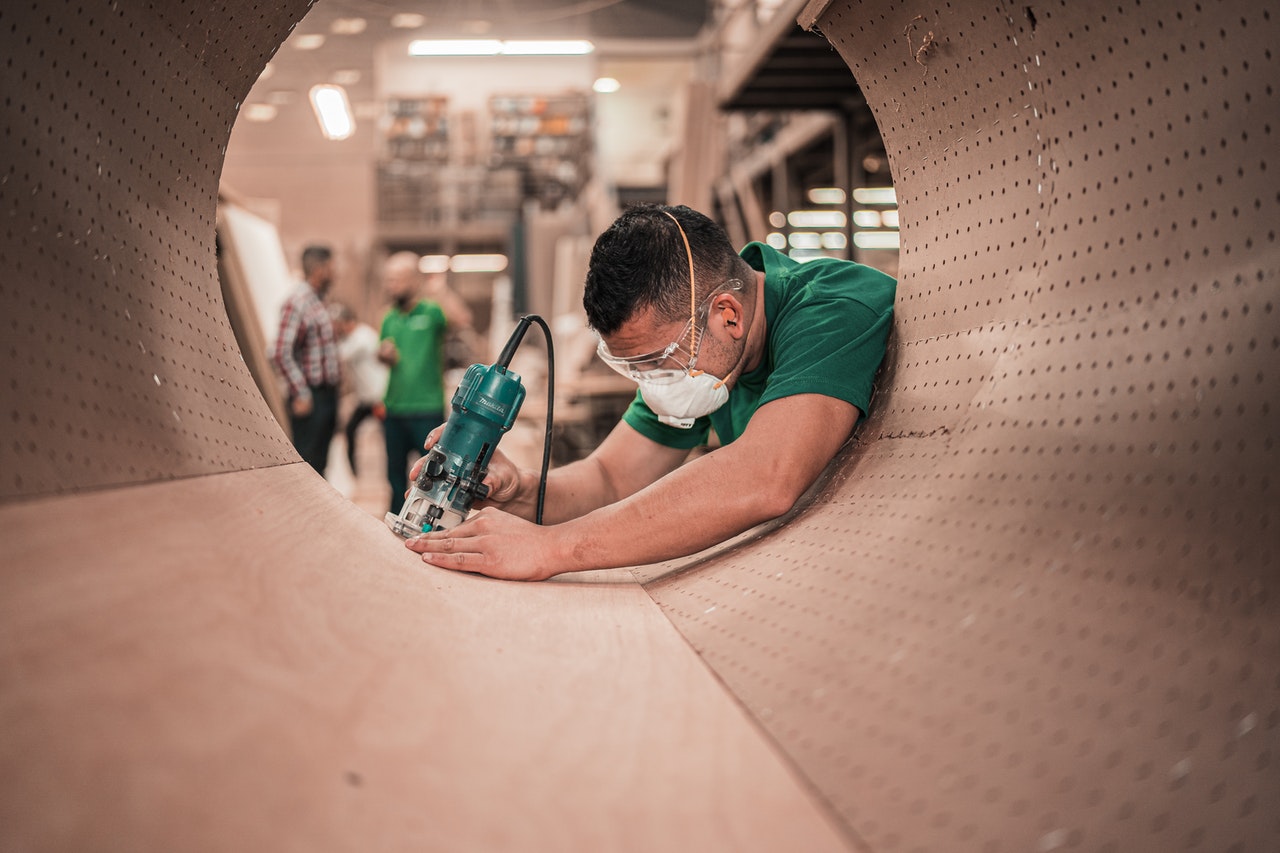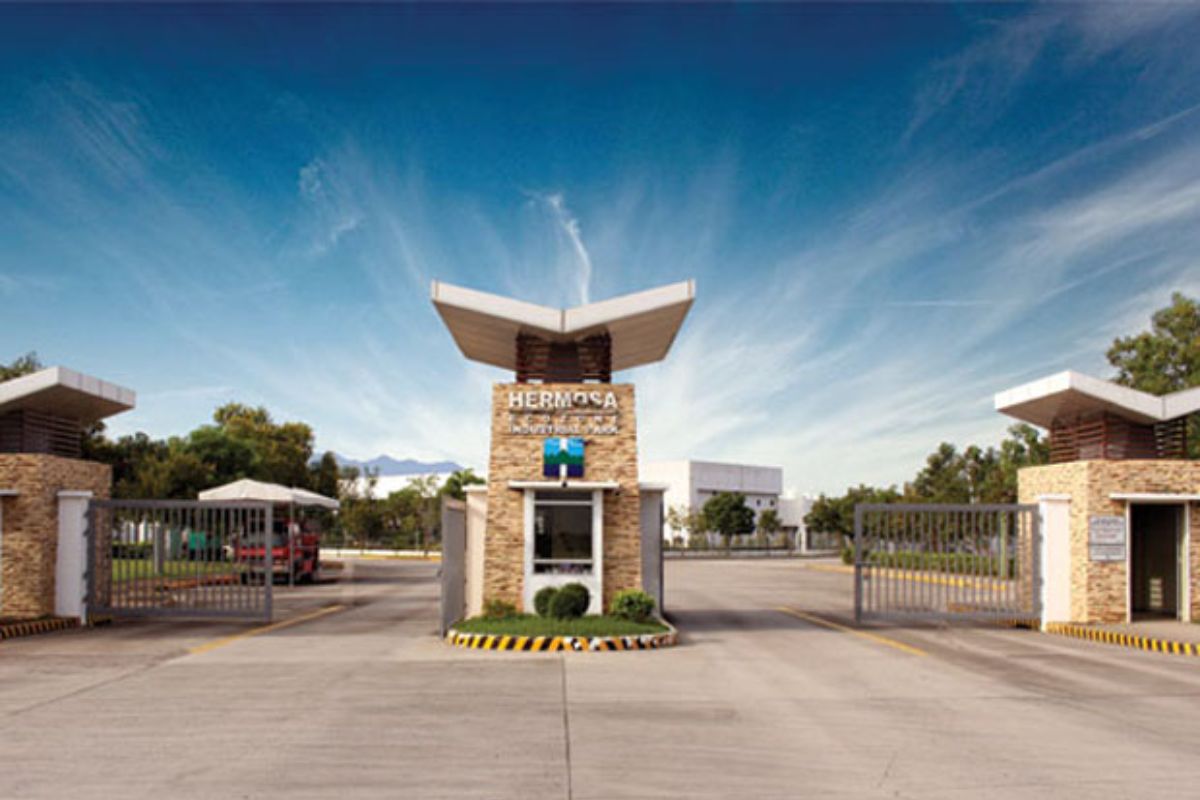What are the employee practices during COVID-19 that companies need to adjust to?
- Observing Proper Hygiene and Safety Practices
- Disinfecting Workspaces
- Avoiding Person-to-Person Contact
- Adopting New Health and Safety Systems
- Assessing Essential Functions
No matter how big or small, every company has been affected in some way by COVID-19. The problems range anywhere from large-scale employee layoffs to total business closure. During these uncertain times, the role that the companies carry has never been more challenging.
One can consider it an understatement when someone says the impact of the pandemic is unpleasant. In reality, it is a global concern. Organizations all over the world have experienced major workforce disruption at an unprecedented scale. Due to this, employee practices during COVID-19 must be adjusted.
With a spotlight on the current crisis, employers need to take into account the risk of disease transmission in their daily operation procedures. Remember that these are the people who set your company on the path of success.
This article will give helpful insights as to how industrial companies can update their operation plans in the midst of the pandemic.
Observing Proper Hygiene and Safety Practices
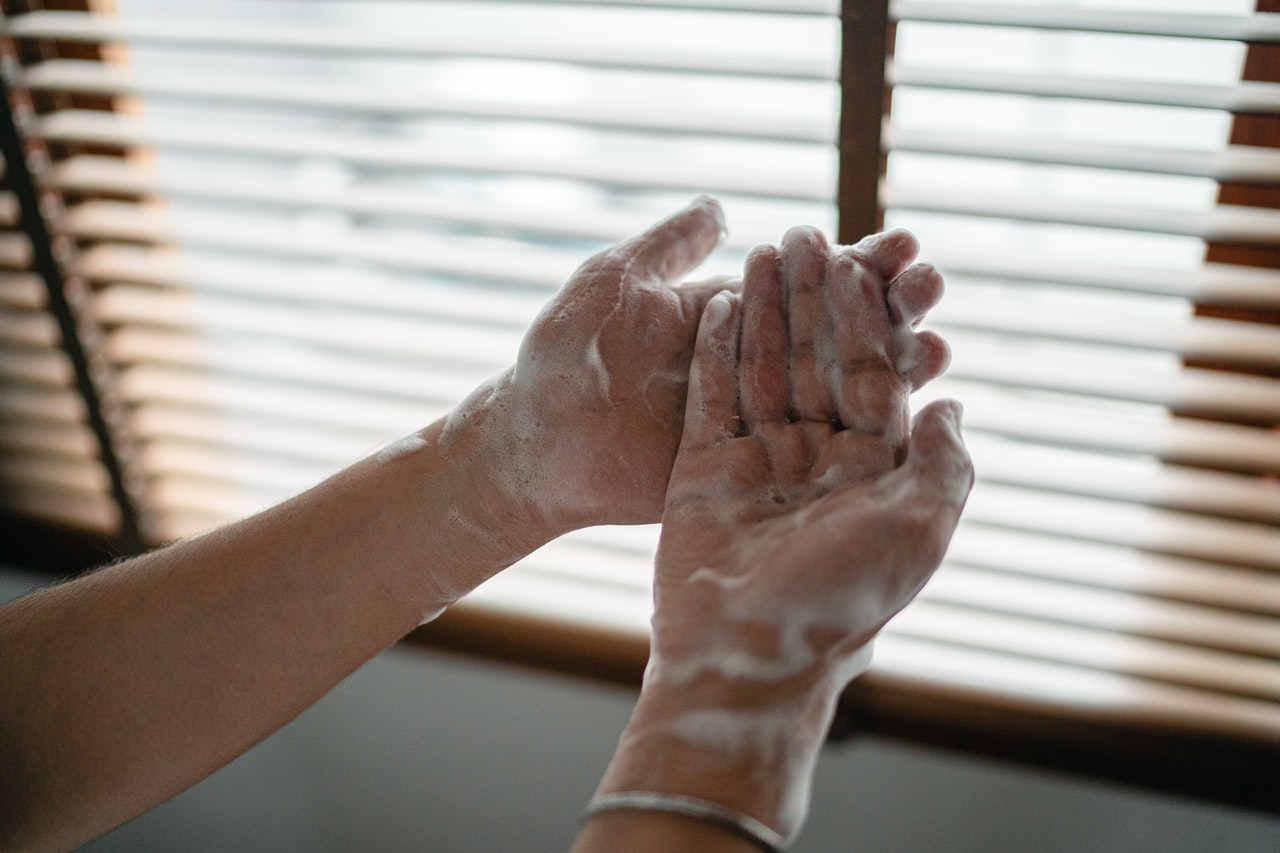
What’s true for a grocery store is also true for industrial companies. Along with the mandate of the Philippine government, public health officials strictly advised every citizen to follow the necessary health and safety guidelines.
As an employer, you are primarily responsible for your workers’ health. Now more than ever is the time to start talking about industrial zone hygiene and safety protocols.
This is why you need to inform every staff member about the proper hygiene practices that need to be adopted. Prepare a complete presentation and communicate with them clearly.
Medical researchers are continuously learning more information on how to combat the virus. Every day more and more data is coming in and the race to develop a vaccine is also in the horizon. It would be wise for companies to keep their teams posted regarding any new COVID-19 updates. During this time, clarity and being united should be at the forefront of mitigation efforts.
There are additions to the factors already being observed in industrial zones such as biological and chemical hazards. Promote the following practices to ensure worker safety throughout the pandemic:
- Proper and frequent handwashing for at least 20 seconds
- Wearing appropriate face masks during operation hours
- The importance of boosting the immune system to defend against the virus
- Social distancing of at least 2 meters
Disinfecting Workspaces
Researchers from the National Institute of Allergy and Infectious Disease suggest that the coronavirus can stay on surfaces for days too.
On plastic and stainless steel surfaces, the virus remains active for up to three days. It remains infectious for four hours on copper and one day on cardboard. By simply touching a surface that is contaminated then touching one’s face, your workers can be infected.
It is vital that cleanliness is maintained. Provide them with the necessary cleaning materials such as antibacterial wipes and disinfectant sprays. In order to avoid any further harm to the company, stress to your team that workplace that regular disinfection is a must.
Avoiding Person-to-Person Contact
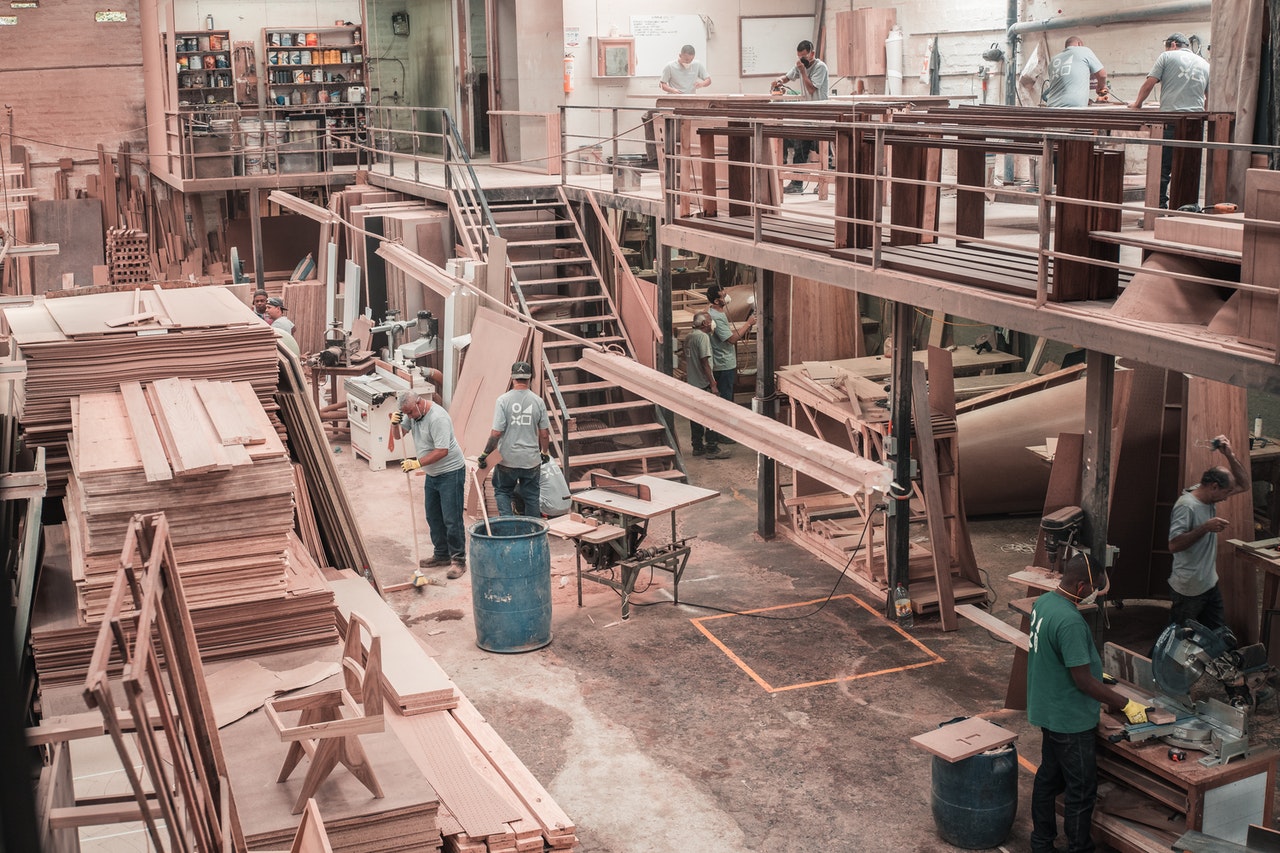
We already have been informed that COVID-19 is spread from close contact between infected people through respiratory droplets. When a person coughs, everyone in the surrounding area can be infected too.
To ensure social distancing, worker shifts must be adjusted with staggered lunch breaks. As the coronavirus is highly contagious, high-density gatherings should not be allowed. Moreover, non-essential visitors should be prohibited from entering the site premises. Remote meetings must also be the new normal.
All these must be integrated into a properly structured work plan to avoid risking employee health.
Adopting New Health and Safety Systems
Aside from communicating the appropriate practices stated earlier, certain systems will need to include a further increase in workforce resiliency. Restrictions on shared tools and equipment, enhanced health surveillance, HR policies regarding sick workers, temperature checks, and regular sanitation. These are some of the new guidelines to be included.
In addition, companies should monitor workers by allowing them to fill up surveys before entering sites to confirm that they don’t exhibit coronavirus symptoms. This simple yet effective procedure can also aid the government in tracking the number of positive cases in the country.
Assessing Essential Functions
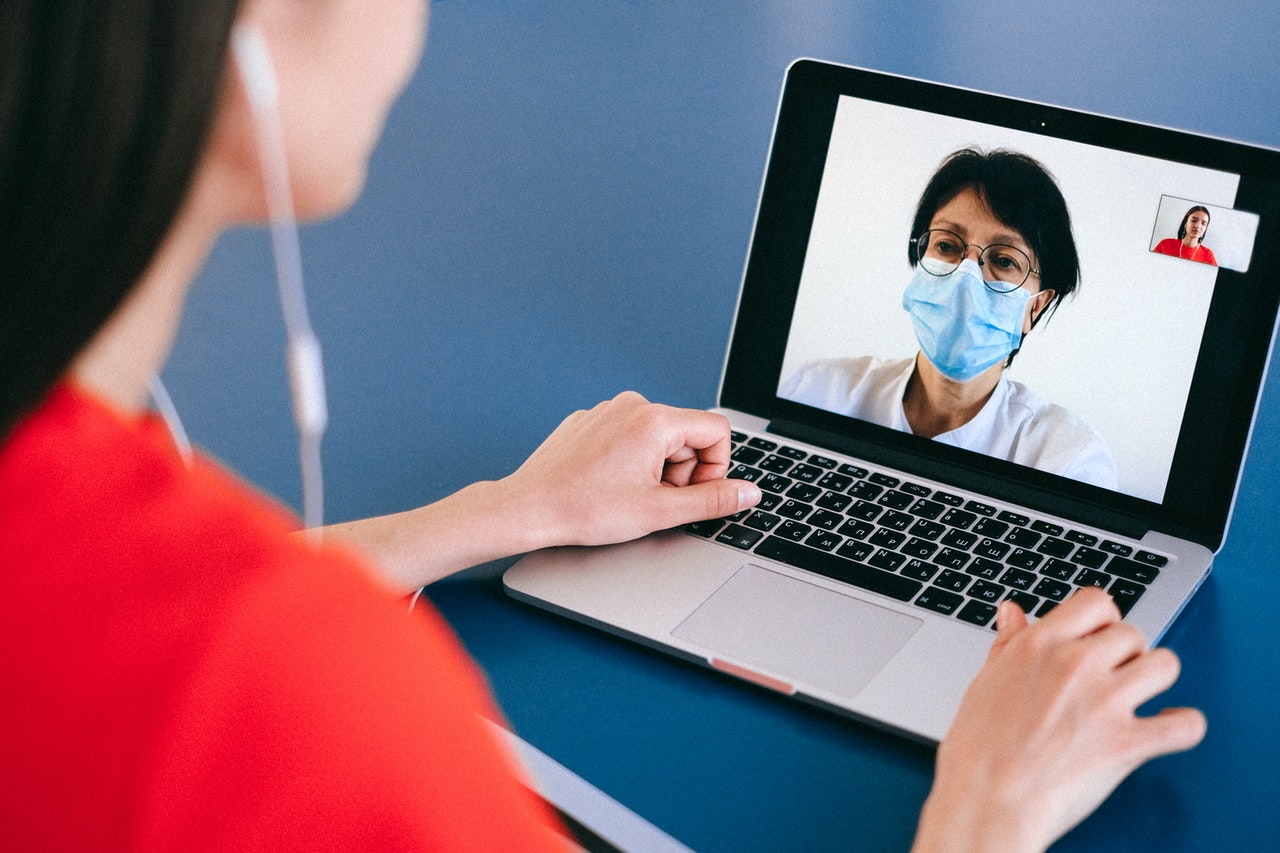
In an attempt to save companies from closing down, the Department of Labor and Employment encouraged employers to allow flexible working arrangements.
Companies must identify the needed on-site workers and consider adopting work from home setting for “non-essential” workers. Moreover, compressed workweeks must also be applied wherein the total days and number of hours spent working are reduced. This is not only to help with financial factors but also to further impose social distancing.
Key Takeaway
When it comes to employee practices during COVID-19, health and safety should be the top priority. At the Science Park of the Philippines, we are always prepared for such a situation. Follow the suggested industrial adjustments we offer. It’s a valuable insight to keep your workers safe amid the pandemic.
Click here to learn more about the best advantages SPPI offers today!
